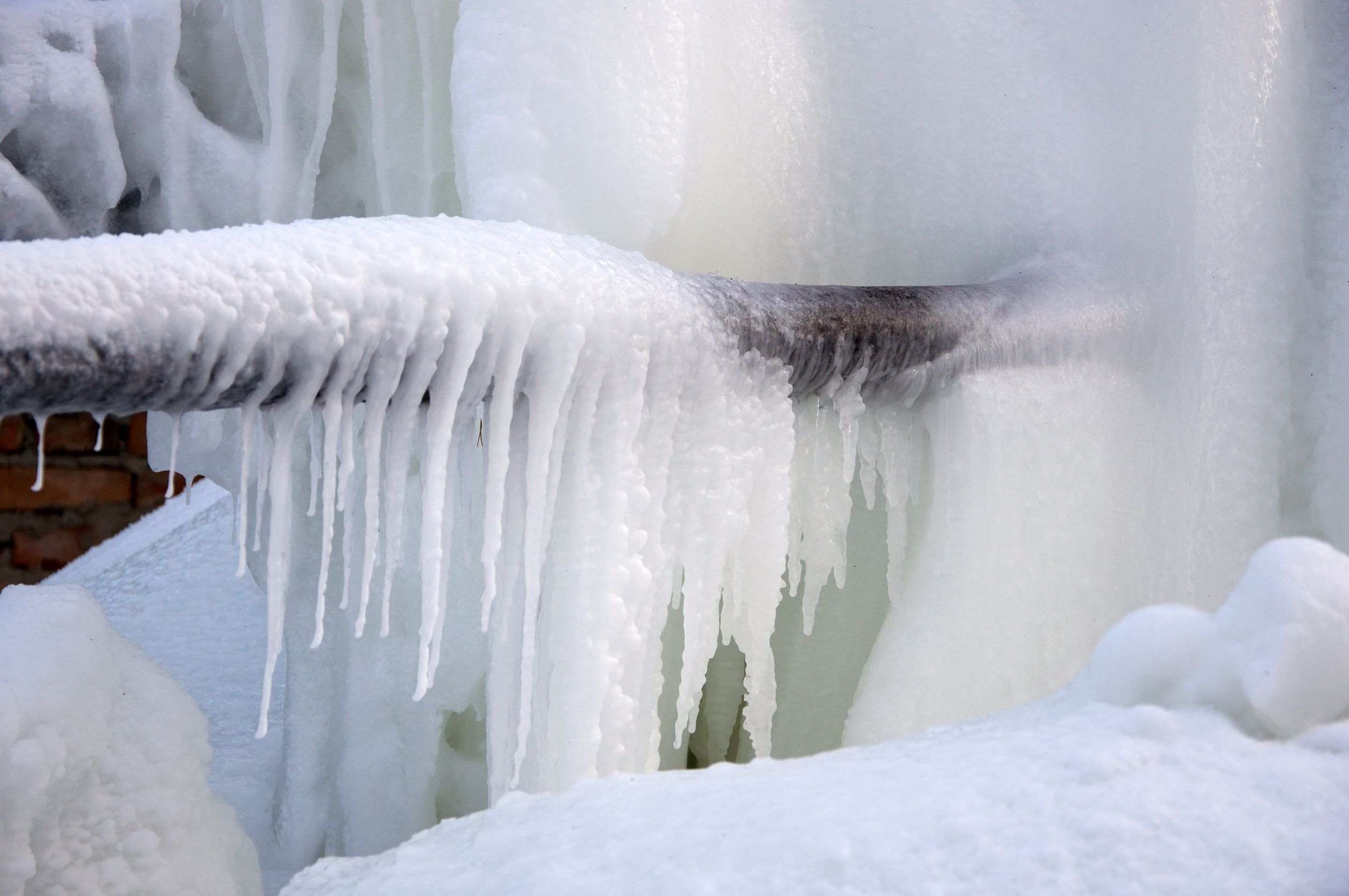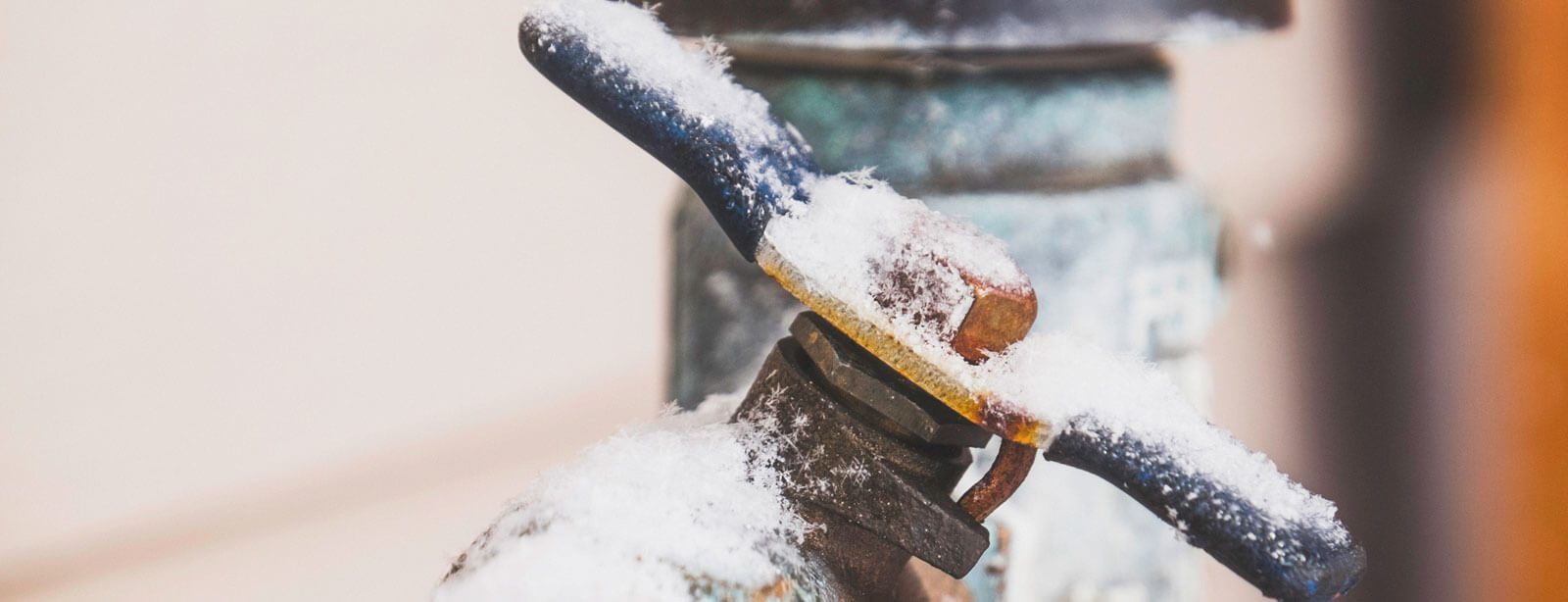Avoid Frozen Plumbing in Cold Weather: Professional Tips
Avoid Frozen Plumbing in Cold Weather: Professional Tips
Blog Article
We've noticed the article involving Winter Plumbing Precautions: Preventing Frozen Pipes listed below on the net and decided it made perfect sense to share it with you here.

Cold weather can damage your pipes, particularly by freezing pipes. Right here's how to avoid it from occurring and what to do if it does.
Intro
As temperature levels decrease, the risk of icy pipelines boosts, possibly resulting in expensive repairs and water damages. Understanding how to stop frozen pipelines is vital for house owners in chilly environments.
Prevention Tips
Protecting at risk pipelines
Wrap pipelines in insulation sleeves or make use of heat tape to safeguard them from freezing temperature levels. Focus on pipes in unheated or exterior areas of the home.
Home heating strategies
Maintain indoor areas appropriately heated, particularly locations with pipes. Open up closet doors to allow warm air to flow around pipelines under sinks.
How to identify frozen pipes
Seek lowered water circulation from taps, unusual smells or sounds from pipes, and visible frost on exposed pipelines.
Long-Term Solutions
Structural modifications
Think about rerouting pipelines far from exterior wall surfaces or unheated locations. Include added insulation to attics, basements, and crawl spaces.
Updating insulation
Buy high-quality insulation for pipes, attic rooms, and wall surfaces. Correct insulation helps preserve constant temperature levels and lowers the danger of icy pipes.
Securing Outside Pipes
Yard hose pipes and outdoor faucets
Disconnect and drain garden pipes prior to winter months. Set up frost-proof faucets or cover outdoor taps with insulated caps.
Comprehending Frozen Pipes
What causes pipes to freeze?
Pipelines freeze when exposed to temperature levels listed below 32 ° F (0 ° C) for extended periods. As water inside the pipelines freezes, it broadens, taxing the pipe walls and potentially creating them to burst.
Dangers and damages
Icy pipes can bring about supply of water disturbances, residential property damage, and costly fixings. Ruptured pipelines can flood homes and trigger comprehensive architectural damages.
Indicators of Frozen Water Lines
Identifying icy pipes early can avoid them from breaking.
What to Do If Your Pipes Freeze
Immediate actions to take
If you believe frozen pipelines, keep taps open to relieve pressure as the ice melts. Utilize a hairdryer or towels taken in hot water to thaw pipes gradually.
Verdict
Stopping frozen pipelines calls for proactive procedures and fast responses. By recognizing the reasons, indicators, and safety nets, property owners can protect their pipes throughout cold weather.
Helpful Tips to Prevent Frozen Pipes this Winter
UNDERSTANDING THE BASICS: WHY PIPES FREEZE AND WHY IT’S A PROBLEM
Water freezing inside pipes is common during the winter months, but understanding why pipes freeze, and the potential problems it can cause is crucial in preventing such incidents. This section will delve into the basics of why pipes freeze and the associated problems that may arise.
THE SCIENCE BEHIND FROZEN PIPES
When water reaches freezing temperatures, it undergoes a physical transformation and solidifies into ice. This expansion of water as it freezes is the primary reason pipes can burst. As the water inside the pipe freezes, it expands, creating immense pressure on the walls. If the pressure becomes too great, the pipe can crack or rupture, leading to leaks and water damage.
FACTORS THAT CONTRIBUTE TO PIPE FREEZING
Low Temperatures: Extremely cold weather, especially below freezing, increases the risk of pipes freezing. Uninsulated or Poorly Insulated Pipes: Pipes located in unheated areas, such as basements, crawl spaces, or attics, are more prone to freezing. Insufficient insulation or lack of insulation altogether exacerbates the problem. Exterior Wall Exposure: Pipes running along exterior walls are susceptible to freezing as they encounter colder temperatures outside. Lack of Heating or Temperature Regulation: Inadequate heating or inconsistent temperature control in your home can contribute to frozen pipes. PROBLEMS CAUSED BY FROZEN PIPES
- Pipe Bursting: As mentioned earlier, the expansion of water as it freezes can cause pipes to burst, resulting in significant water damage.
- Water Damage: When pipes burst, it can lead to flooding and water damage to your property, including walls, ceilings, flooring, and personal belongings.
- Structural Damage: Prolonged exposure to water from burst pipes can compromise the structural integrity of your home, leading to costly repairs.
- Mold and Mildew Growth: Excess moisture from water damage can create a favorable environment for mold and mildew growth, posing health risks to occupants.
- Disrupted Water Supply: Frozen pipes can also result in a complete or partial loss of water supply until the issue is resolved.
WHY CERTAIN PIPES ARE MORE PRONE TO FREEZING
- Location: Pipes located in unheated or poorly insulated areas, such as basements, crawl spaces, attics, or exterior walls, are at higher risk of freezing.
- Exterior Pipes: Outdoor pipes, such as those used for irrigation or exposed plumbing, are particularly vulnerable to freezing as they are directly exposed to the elements.
- Supply Lines: Pipes that carry water from the main water supply into your home, including the main water line, are critical to protect as freezing in these lines can affect your entire plumbing system.
- Underground Pipes: Pipes buried underground, such as those connected to sprinkler systems or outdoor faucets, can be susceptible to freezing if not properly insulated.
https://busybusy.com/blog/helpful-tips-to-prevent-frozen-pipes-this-winter/

We had been made aware of that report about How to Prevent Your Pipes From Freezing through someone on a different blog. Remember to take the time to share this blog if you enjoyed reading it. Thanks for your time invested reading it.
Click Here Report this page